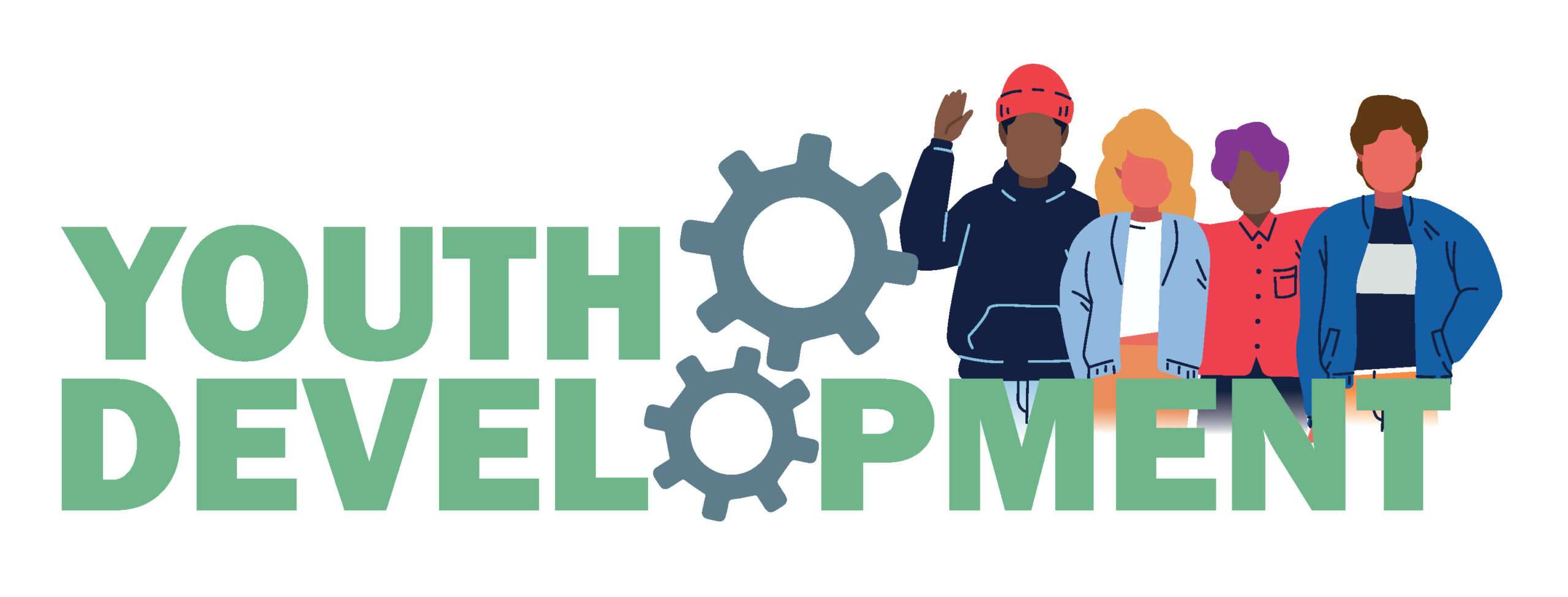Youth development is the process of nurturing young individuals into confident, responsible, and well-rounded members of society. This transformative phase plays a critical role in shaping the future, as youth are the driving force behind innovation, social progress, and cultural evolution. By focusing on their growth—physically, mentally, socially, and emotionally—we empower them to unlock their full potential and lead impactful lives.
The Core Pillars of Youth Development
Youth development is a holistic process that encompasses education, personal growth, skill-building, and social responsibility. These pillars ensure that young people are equipped not only to succeed individually but also to contribute meaningfully to their communities. By fostering self-awareness, encouraging creativity, and providing guidance, we create an environment where youth can thrive and make informed choices for their future.
Education as the Foundation
Education is at the heart of youth development. Beyond academic learning, it includes teaching critical thinking, problem-solving, and adaptability. Schools, colleges, and community programs play a vital role in ensuring that youth have access to quality education and resources that prepare them for the challenges of the modern world. Equal opportunities in education help bridge gaps and empower youth from all walks of life.
Developing Life Skills and Confidence
Life skills such as communication, leadership, and decision-making are essential for youth to navigate the complexities of life. These skills not only enhance their personal growth but also build confidence in their abilities. Workshops, mentorship programs, and extracurricular activities provide avenues for young individuals to explore their interests and discover their strengths.


Fostering Emotional and Mental Well-Being
Mental health is a cornerstone of youth development. Encouraging self-care, resilience, and mindfulness helps young people manage stress and emotional challenges. Open conversations about mental health and access to professional support ensure that youth feel supported in their journey. Building emotional intelligence enables them to develop empathy, self-awareness, and healthy relationships.
Encouraging Social Responsibility
Youth development extends beyond individual growth to include a sense of social responsibility. Volunteering, participating in community projects, and advocating for social justice teach young people the value of giving back. These experiences instill a sense of purpose and inspire them to become active contributors to their communities and society as a whole.


The Role of Mentors and Role Models
Mentors and role models play a pivotal role in youth development. They provide guidance, inspiration, and a sense of direction, helping young people overcome challenges and pursue their dreams. Positive influences from parents, teachers, and community leaders help shape a generation that is resilient, ambitious, and values-driven.
Preparing Youth for the Future
In today’s rapidly changing world, preparing youth for the future requires a focus on adaptability and innovation. Equipping them with digital literacy, technical skills, and an entrepreneurial mindset ensures that they can navigate new challenges and seize opportunities. Encouraging critical thinking and creativity enables them to lead and contribute to a dynamic global society.
Conclusion
Youth development is an investment in the future, shaping individuals who will lead and transform the world. By prioritizing education, life skills, emotional well-being, and social responsibility, we empower young people to unlock their full potential. When we invest in youth, we create a brighter and more inclusive future, driven by the energy, innovation, and compassion of the next generation.


